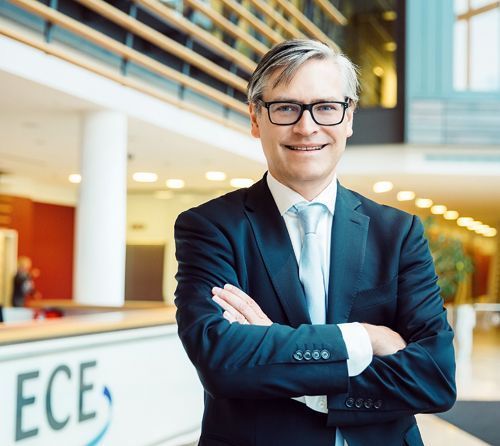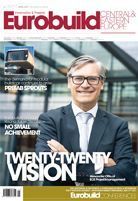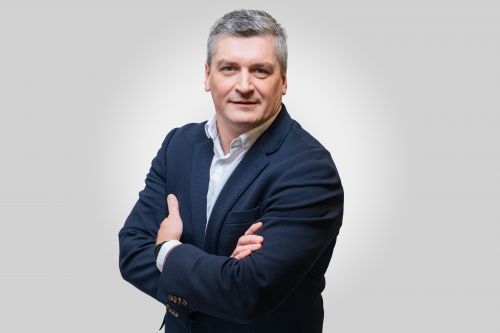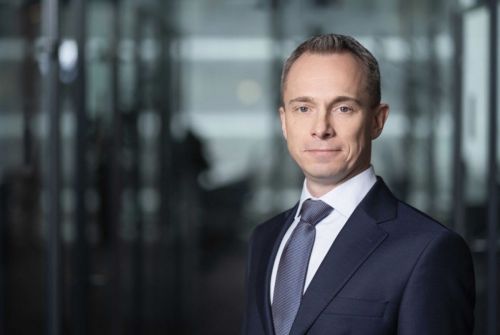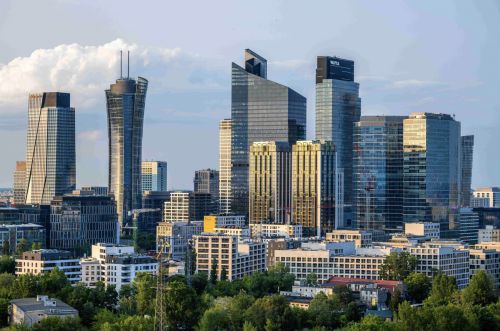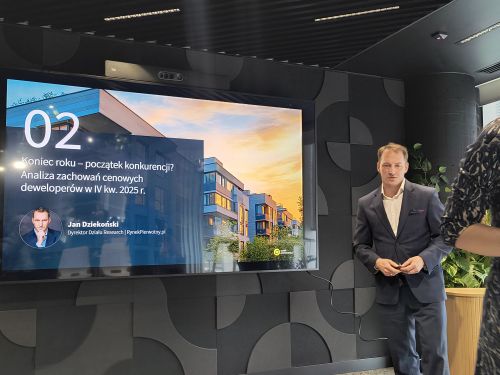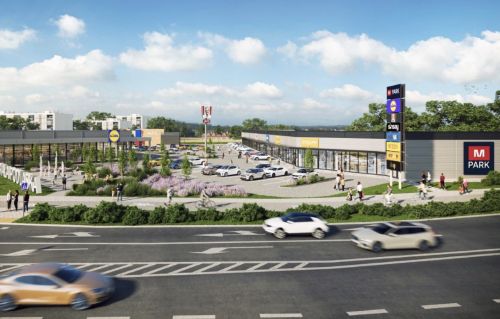Rafał Ostrowski, ‘Eurobuild CEE’: Let me start with a personal question. You have been heading ECE since 2000. What would you consider to be ECE’s greatest achievement of the last two decades?
I think the key achievement was that we have come all the way from being a company that was active only in Germany to spreading our business across 14 countries – the internationalisation of ECE has been a very successful process for us. We opened Galeria Dominikańska in 2001 – this was the first international centre we developed. ECE has grown tremendously well over this time. We have had very good financial development, but most of all we have built up an extremely good management team that is open to constant change and development, that has never stopped learning and that is set up very well for another successful twenty years.
How has your perception of Poland changed since you entered this market?
Initially, it was quite entrepreneurial to start off in
